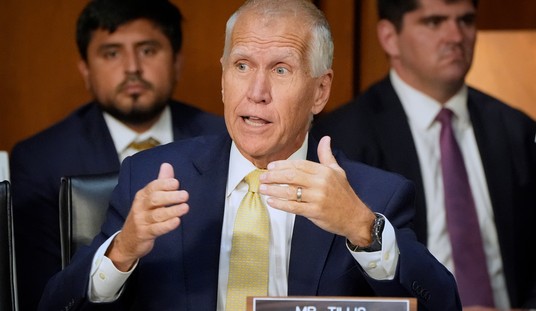J. Dennis Hastert, the longest-serving Republican House speaker in history, was swept from leadership in 2006 on a wave of Republican revulsion over what critics saw as a legislative favor factory he presided over in Congress. That wave deposited him on K Street, a prime address for the capital’s lobbyists, where his influence and good name kept the favors flowing — including into his bank accounts.
Federal law enforcement agents say Mr. Hastert’s years as a lobbyist and rainmaker explain how he was able to promise $3.5 million in cash to a former student who claims Mr. Hastert sexually molested him decades ago.
A former wrestling coach and high school teacher, Mr. Hastert did not enter Congress as wealthy as some of his colleagues. Yet he was still able to amass a small fortune with land deals, one aided by an earmark he secured for a highway interchange.
Well, that part at least is what the great George Washington Plunkitt famously called “honest graft.” Harry Reid knows all about that. But what about this:
But it was at his own post-Congress lobbying firm and at the professional services firm Dickstein Shapiro that Mr. Hastert swelled his cash flow, working all sides of issues and glad-handing members of Congress for controversial clients.
That he stands accused of child molestation is almost universally a shock in Washington — “a gut blow,” said Representative Tom Cole, Republican of Oklahoma and a longtime friend of Mr. Hastert’s. That he had the money, however, is not so startling in the gilded era of Washington lobbying. “I’m not surprised he was very successful,” Mr. Cole said. “People less significant in Congress than Speaker Hastert have done exceptionally well afterwards.”
They used to call our lawmakers “the best Congress money can buy.” Now — as the Clintons show on a daily basis, and soon enough Barack Obama will as well — the real money is to be made after your “public service” is over. It’s a racket, but nobody seems to care.









Join the conversation as a VIP Member